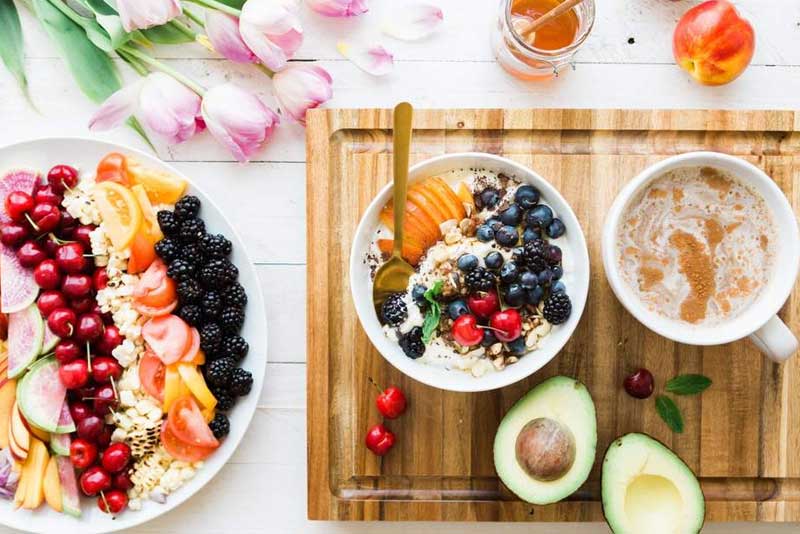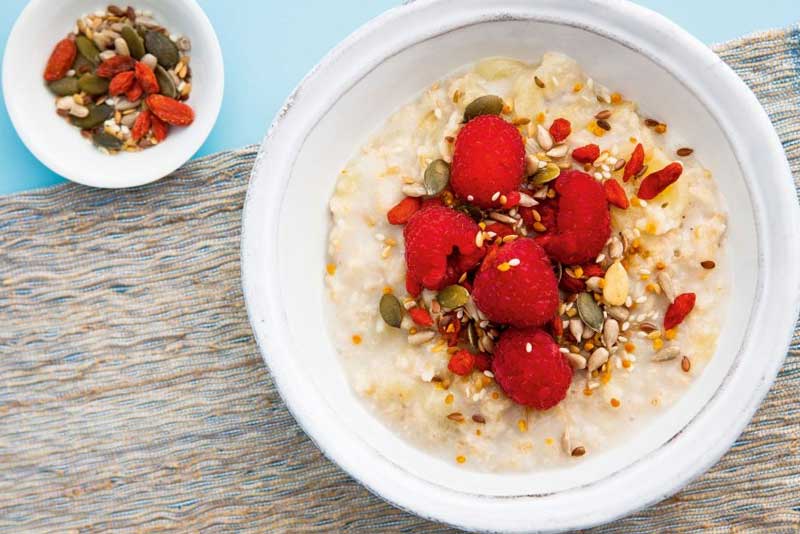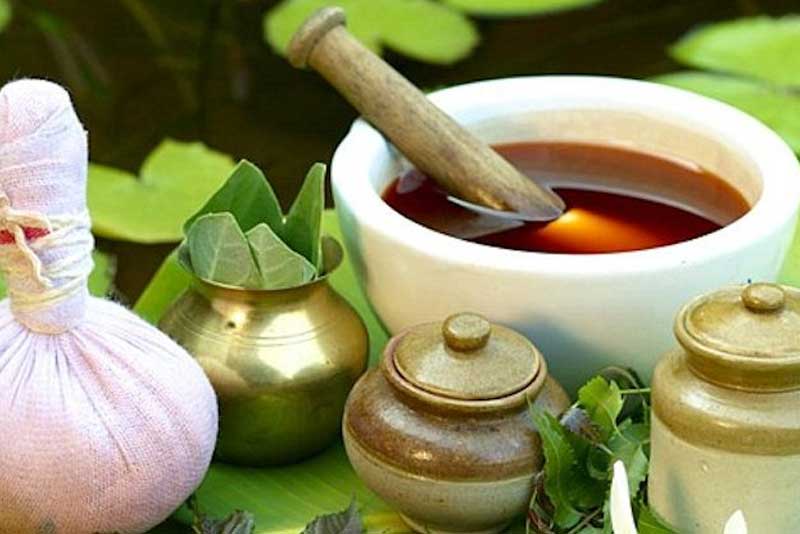
The Best Protein Sources For Men With An Appetite
These days, everything from yoghurts to cereal wears its protein content on the front of the package, like a badge of honour. With sugar outlawed, fat up in the air, and carbs only just making a comeback, it has become extremely easy to equate ‘protein’ with ‘wellness’.
Never mind the fact that often protein powders and celeb-endorsed protein balls are loaded with sugar. Or the fact that, for your additional protein intake to be of any actionable use, it needs to be combined with at least a base level of exercise. Or, crucially, the fact that too much protein is just as bad for the body as too much of any other nutrient. And that’s before we’ve even considered that not all proteins are created equally.
Consider this, then, your guide to what’s worth filling up your shopping basket with, and what should stay shelved. From a carnivore’s dream platter to a vegan lifter’s heavyweight dinner, these are the best sources of protein known to man. But first, we need to get a few things straight…
What Exactly Is Protein? And Why Do I Need It?
"Proteins are nitrogen-containing substances that are formed from amino acids," begins Harley Street nutritionist extraordinaire, Rhiannon Lambert. "They form a major structural component of muscle and tissue and are further used for many other processes within the body such as hormone and enzyme production."
Which sounds… complicated.
"Protein is one of the three most important nutrients that your body needs in order to function correctly. It ensures healthy muscle growth and also works to produce hormones," explains Valentin Raigué, a nutritionist working with online personal training app FizzUp. Which clears things up a bit.
"Protein is part of the large group of macronutrients. They give you energy if case you run out of carbohydrates and fat. Protein is also crucial for your growth and the regeneration of cells like those found in your muscle tissue," continues Raigué. "[Proteins] are crucial for humans, because unlike carbohydrates, our bodies body can’t produce them on their own, The only way you can get them is through your food, so watch what you eat!"
How Much Protein Should I Eat?
"Requirements for an active male are 2g of protein per kilo of desired bodyweight," explains Luke Worthington, elite trainer at London’s Third Space gym. Should you be wanting to lose or gain weight, this will change, as Worthington explains. "A 120kg man wanting to drop down to 100kg will require 200g of protein per day. If that man has a 2500kcal diet then 800 of those calories will need to be coming from protein."
To tailor this to your needs, it’s worth consulting a macro calculator, which will help you work out how much protein, fats, and carbs you need per day, depending on your fitness goals and how many burpee workouts you have in the diary.
Plant Protein Or Animal Protein?
As the increase in veganism and vegetarianism shows, it’s possible to consume only plants and be perfectly healthy, if not healthier than your carnivorous counterparts. However, it does take more effort to get the same benefits.
"Protein from animal sources are always complete proteins," explains Lambert. "This means all nine essential amino acids are present in sufficient levels. These essential amino acids are ones that we have to eat, as we cannot generate them ourselves. In contrast, plant-based sources of amino acids tend to be incomplete. Vitamin B12 is also often something that vegans are deficient in (and may need to supplement)."
"The major difference between protein from animal sources and plant sources is the sheer volume of plant sources that need to be consumed to hit the same requirements," says Worthington. "For example, 100g of chicken contains 31g of protein, whilst 100g of quinoa contains just 13g." Therefore, our 100kg man will need to consume over 1.5kg of quinoa to hit his daily protein requirements – as opposed to 640g of chicken breast.
Meat and fish, then, are clearly the best protein sources per gram. It makes sense, in a macabre sort of way; to build muscle, it helps to consume muscle. But not all animals are created equal, either.
"Both meat and fish are very high quality protein sources," says Roar Fitness’ James Castle-Mason. "However there are both leaner types of fish (such as cod, haddock and tuna) and fattier types of fish (salmon, mackerel, trout)."
The same can be said for meat, too. Chicken breast, turkey and venison are leaner (meaning they have less fat, and so are mostly made up of protein). Meanwhile, pork chops, lamb, and beef mince are fattier cuts, meaning you’ll get less protein per gram as some of the volume is taken up with fat.
"The British Nutrition Foundation lists Lean chicken Breast and and lean beef steak as the highest protein based sources at 32g per 100g and 31g per 100g respectively," says Castle-Mason. "Fattier cuts should be limited due to some associations between high amounts of saturated fat found particularly in red meat, but fatty cuts in general with cardiovascular risks."
The Best Meat and Fish Protein Sources
Eggs with 6/7g per egg, these are the best source of high-quality animal protein. They also slow down the rate at which your body absorbs carbohydrates keeping you feeling energised and full for longer.
Chicken breast is a lean protein source, with a complete amino acid profile. It also has the highest protein content per gram (28.4/100g), and is a source of selenium, niacin, b6 and phosphorus.
Turkey has almost as much protein as chicken (25/100g) but is slightly leaner. It also contains beneficial B vitamins, selenium, phosphorus and zinc.
Salmon offers a complete amino acid profile, 21.6g of protein per 100g, and omega 3 fatty acids – crucial for brain health. It’s also the highest gram for gram serving of protein in the fish category.
Mackerel also packs a punch, with 19/100g.
Lean beef steak has a complete amino acid profile, is rich in vitamin b12, and lower in saturated fat than its red meat counterparts. It also boasts 9.1g of protein per 100g. Opt for grass-fed, and you’ll also take in CLA, which in turn boosts testosterone to aid muscle production.
The Best Plant-Based Protein Sources?
Spirulina – with a whopping 57g protein per 100g, this seaweed-based food takes the crown. Although, have you ever tried eating 100g of seaweed?
Chickpeas (19/100g protein) paired with rice makes a complete protein, and contains nutrients such as vitamin K, folate, fibre, iron, b6 and magnesium.
Tofu (8/100g protein) is a complete plant protein and is a good source of B12, iron, calcium, manganese, phosphorus and selenium, and also contains magnesium, copper, zinc and B1.
Quinoa (4.4/100g protein) is another complete plant protein, full of fibre, iron, magnesium, phosphorus, folate, copper, thiamine and B6.
Lentils contain 23g or protein per 100 serving.
Almonds pack 18 g per 100g, peanuts 25/100g, and walnuts 19/100g.








